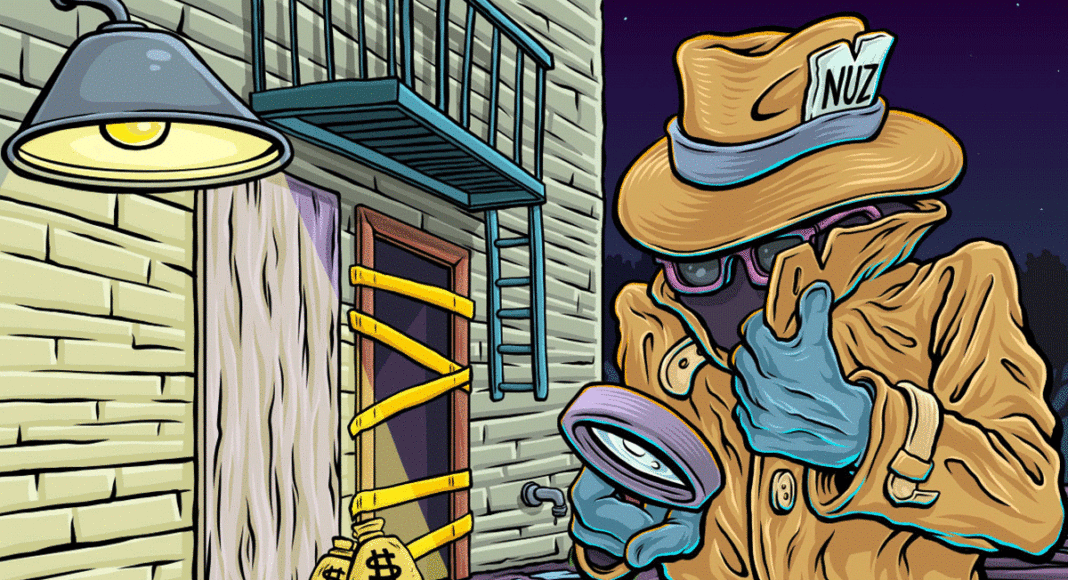There’s more than one way to slow down responses to Santa Cruz’s homeless crisis.
Exhibit A is the approach taken by city staff last year under a previous Santa Cruz City Council. That’s when city management set an ambitious target date to establish a permanent camp, missed that date by a mile, kicked the can down the road a couple times, faced some tough choices, and then basically gave up.
Flash forward to this year. Under a new (and ostensibly more liberal) City Council, leaders set even more ambitious goals to establish sanctioned camps, including one that should re-open on River Street this month, thanks to new funding. Next, the city highlighted a few other options before pushing forward with a chosen site, without doing robust public outreach. The lack of discussion and the rush to force something through created a response so swift and—at least in some cases—so bigoted that it will now be more difficult to get anything truly significant done on this pressing topic.
If all this were a late-series episode of Parks and Recreation—maybe from when the show was starting to run out of ideas—this would be at least moderately entertaining. It’s less fun in real time.
ROLL OUT
On the morning of Saturday, April 13, electrical contractor Mike Termini was lying under a store counter, hooking up a debit card system for KindPeoples’ Ocean Street dispensary. Hours later, the shop would open for a preview event, when CEO Khalil Moutawakki would toast to the future, surrounded by special cookies, pre-rolled joints, gummies, tinctures, balms, capsules, and a cooler filled with psychedelic bottled concoctions. “Khalil has a vision for what a cannabis dispensary can be,” Termini, a former Capitola mayor, told Nuz in an air-conditioned storage room at the unveiling. “It’s like a high-end wine bar.”
In an 11th-hour push, contractors and dispensary staff were busting their buds to turn the construction zone, a former sushi restaurant, into a high-falutin’ retail joint. The new KindPeoples, which is throwing a 4/20 soiree at Hotel Paradox, is expected to light up as a stop for out-of-towners. The shop’s a short jaunt from downtown and situated on the main drag for beach-bound traffic. But those visitors will need a place to imbibe, as smoking is forbidden in hotel rooms and public spaces.
Pending city approval, KindPeoples Marketing Director Brett Friel says the next step will hopefully involve opening up a weed café in the adjoining lounge, where Coffeeville used to be. “Weed and coffee go well together,” he says. “A lot of people get through college that way.”
OPEN LANE
People in Santa Cruz are starting up blogs like it’s the year 2005. The latest, called “Something Stupid in Santa Cruz,” comes courtesy of former Santa Cruz Mayor Don Lane, who’s serving up hot takes like they’re hotcakes as he weighs in on homelessness, parking structures and the bus system. The link is dlane85.wixsite.com.
PLANET AHEAD
With Earth Day fast approaching and a celebration planned for Saturday, April 20, at San Lorenzo Park, the future of the planet is weighing on the mind of anyone who hopes to live past the year 2030.
At the federal level, that means hand-wringing about a resolution on whether or not to even take first steps toward crafting some sort of Green New Deal legislation. One challenge liberal lawmakers are wrestling with is how to balance economic justice with the needs of planet Earth. Many of America’s poorest communities are also facing the biggest environmental challenges—from the lead water crisis in Flint, Michigan, to smog-ridden cities like Bakersfield.
In California, the struggle to find balance isn’t new. Most of Santa Cruz County is pretty healthy, according to metrics from California’s Office of Environmental Health Hazard Assessment. But some swaths of South County, where poverty is more concentrated, have scored lower on assessments. Compared with state averages, two Watsonville census tracts are among the 25 percent of neighborhoods with the highest health risks. The region suffers from poor drinking water, high pesticide use, troubling rates of asthma, significant housing burden, poverty, and poor educational outcomes. Those results make the neighborhoods eligible for 25 percent of the proceeds from the state Greenhouse Gas Reduction Fund.
So far, that money has started flowing to water efficiency projects, tree planting, climate vulnerability research, vehicle rebates, home solar installations, fish habitat conservation, and a new electric bus serving Watsonville.














Nobody wants anything that perpetuates the homeless to continue to blight the city. Offer ways cure the problem and not push it down the way and people will support it.